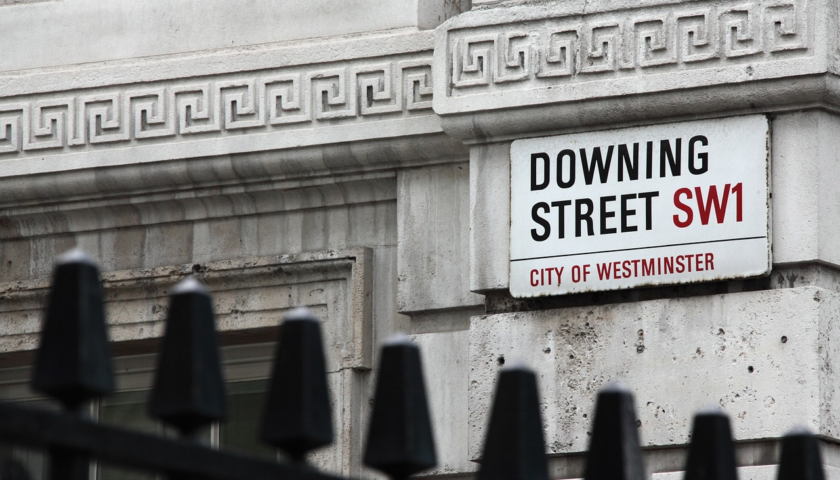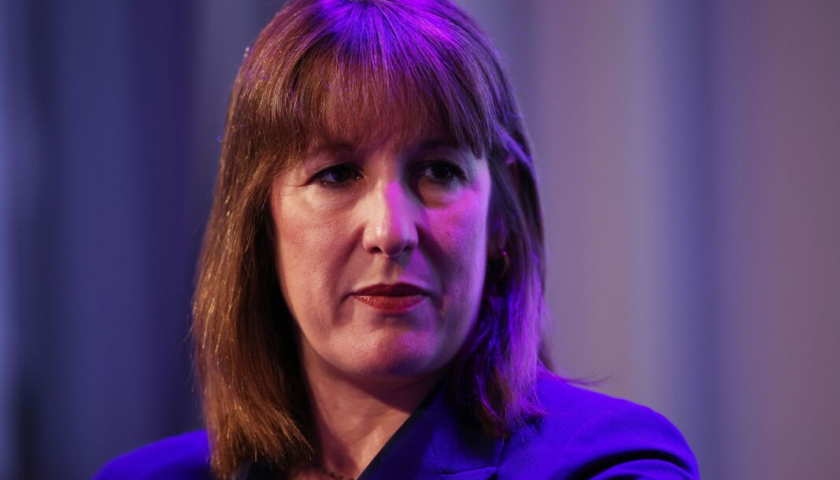The biggest problem facing landlords is that the PRS is like a pendulum, swinging slowly from one policy extreme to the other, and there is nobody left in parliament or the civil service who remembers what the PRS was like before 1988. I do. My family has been involved with private lettings one way and another for 60 years.
Between 1984 and 1987 I took an undergraduate course in estate management as a mature student. It was made very clear that only a lunatic would buy a vacant house or flat and let it. A Rent Officer came to give us a lecture. By the end of the questions it was clear to all the students that we would never have anything to do with an investment whose performance depended on people like him, not if we could help it.
The year after I graduated the 1988 Act changed everything. It abolished rent controls for new lettings and provided a reliable method of evicting bad tenants. Slowly and tentatively investors started to consider residential property again. Eventually the rules about lending were relaxed and buy-to-let mortgages began to be available. The pendulum swung to the point where the private sector was investing vast sums to provide rented housing. The 1988 Act was a huge success.
The Renters’ Rights Bill will destroy that success. The last meaningful stage will be the House of Lords Committee on 22 and 24 April at which several interesting amendments will be tabled and then either withdrawn or voted down. The bill as brought from the House of Commons is pretty much the final form. We know what we are dealing with. It is already having a chilling effect on the PRS. And after it becomes an Act and its effects start to be seen and publicised the flow of capital will dry up almost completely.
Perhaps a few of the much-hyped Build to Rent projects will go ahead, but not many, not after rent controls are brought in. We are told there will not be rent controls. Nonsense, of course there will eventually be rent controls because the only certain way out from a letting that has gone wrong will be new mandatory ground 1A. Therefore each bad tenant will lead to another net loss from the PRS, rents will rise as the supply diminishes even further than it has already, and the pressure for “rent caps” from Shelter and Generation Rent will be overwhelming. As the years go by landlords, including the BTR landlords, will discover the hard way that the 1988 Act was brought in for good reasons.
Of course the decline in the PRS won’t mean that homes will vaporize. They will become owner-occupied. Whether that is a good or a bad thing is a political question. All I am saying here is that I am old enough to have seen the pendulum swing in housing policy, and indeed in every sphere of policy. Each new cohort of politicians, civil servants, and lawyers thinks they will solve problems with policies which, more often than not, have been tried before. So far as housing policy is concerned it is only a few old codgers like me who have first-hand memories of the pre 1988 world. The government won’t listen to us. Our views are brushed aside as being out of date, or anti-social(ism).
Those who predict that the Renters’ Rights Act will have an instant effect are wrong. It will take time for things to change. Its effect will be seen whenever there is a draconian penalty charge, or a trashed house, or a tenant won’t pay their rent and the landlord’s mortgagee forecloses. The effect will be that another home will move from the PRs to owner occupation.
But at some point, perhaps in about 30 or 40 years’ time, some bright young politician will bring forward a new piece of legislation, very like the Housing Act 1988, and the pendulum will start swinging back again. That’s what we are dealing with, a pendulum.
What do other landlords think will happen?
Contact one of our highly experienced mortgage advisors today on 0121 500 6316 to discuss your mortgage needs.



